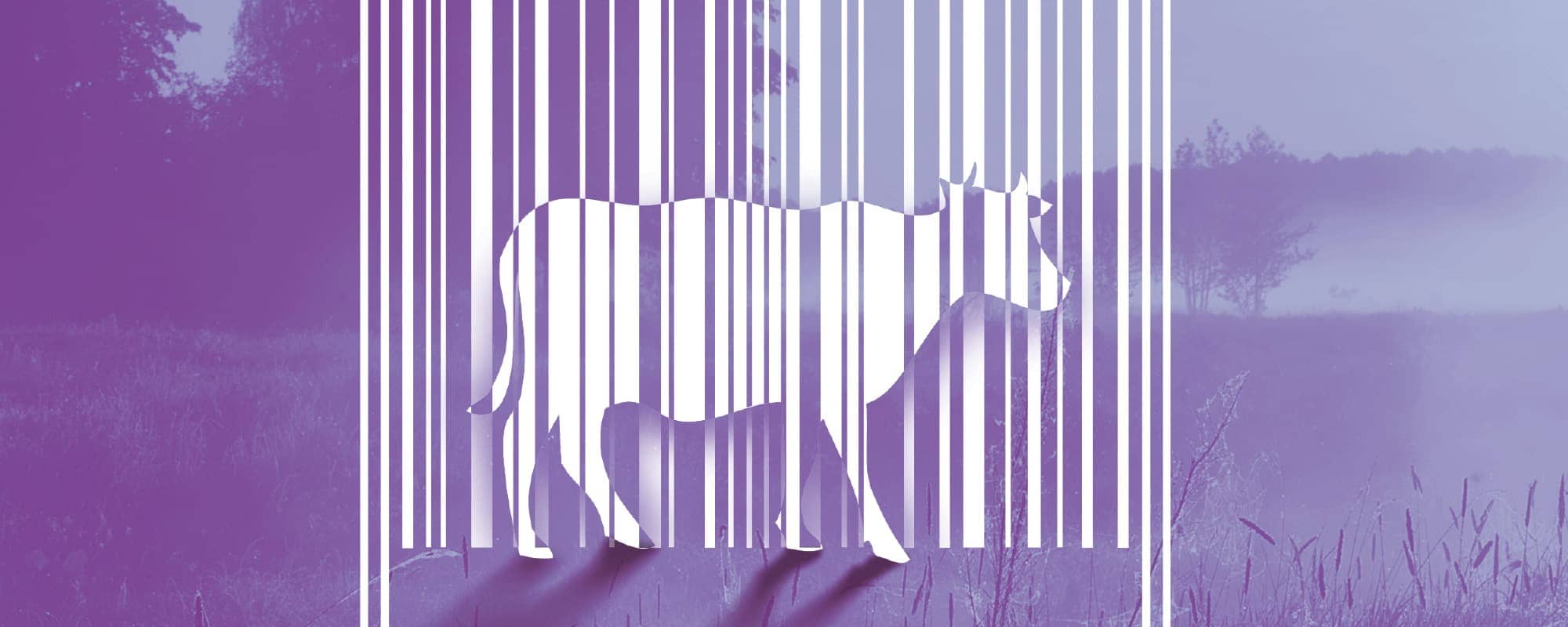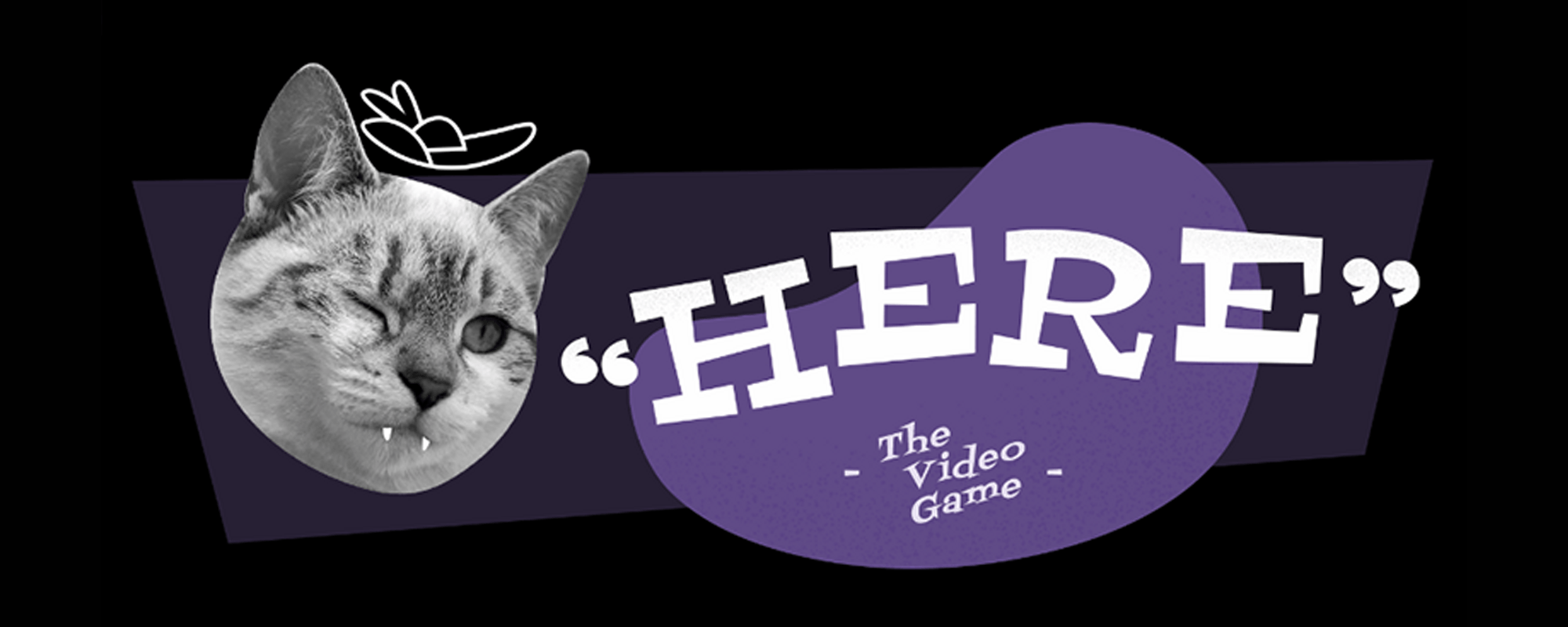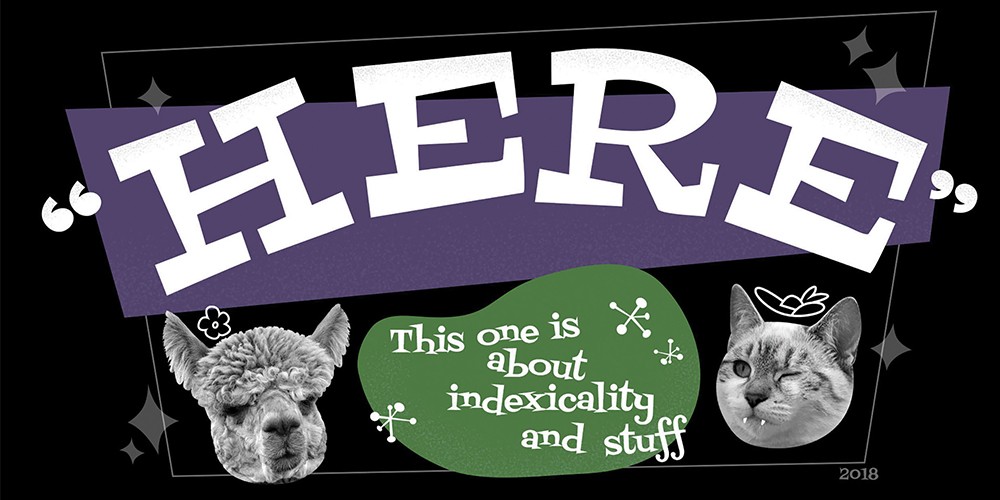What if technology allowed us to map our entire brain? What if we could upload ourselves into an online world to live forever once our body wears down? Would that be a genius piece of technology or a beehive of unethical practices?
Continue readingReconsidering Reason: Ableism and Speciesism in Moral Philosophy
The ability to reason has been the hallmark of humanity for centuries. It has been used as the foundation for numerous ethical systems. Yet using reason as humanity’s signature feature ostracises those with severe to profound cognitive disabilities, giving moral philosophy ableist undertones. THINK speaks with Dr Kurt Borg and Prof. Anne-Marie Callus to discuss.
Continue readingAnimal Rights: A Question of Pain
In the past few decades, animal rights issues have been an emerging topic, with debate growing louder, especially relating to the suffering that accompanies raising animals for human food production. THINK talks to Australian philosopher Peter Singer to discuss animal ethics.
Continue readingAristotle’s Nymphomaniac Ethics
The first in our new THINK Oddities series, where we take a look at the many odd things that dot history! And what better way to start than with the story of Aristotle playing sub?
Continue readingFeminine in Trinity
Western tradition tends to view gender as something binary, either male or female. Fran Borg’s research takes a closer look at how Sanskrit philosophy understands the inseparability of gender through language and mythology.
Continue readingThe Comfort Trap
A good way of understanding a concept is by looking at the way people use it in everyday conversations. Language embodies the accumulated wisdom of countless speakers who have expressed their understanding to others over long periods of time. By analysing the way we use the term ‘comfort zone’ we can better understand what we actually mean when we use it.
Continue readingWe’re exploring Here!
If you had a rich malleable canvas that could flip rules on their heads and expose truths we take for granted, wouldn’t you use it? Jasper Schellekens writes about the games delving deep into some of our most challenging philosophical questions.
The famous Chinese philosopher Confucius once said, ‘I hear and I forget. I see and I remember. I do and I understand.’ Confucius would have likely been a miserable mystic in modern mainstream education which demands that students sit and listen to teachers. But it’s not all bad. Technological advancements have brought us something Confucius could never have dreamed of: digital worlds.
 A digital world offers interaction within the boundaries of a created environment. It allows you to do things, even if the ‘thing’ amounts to little more than pressing a key. Research at the Institute of Digital Games (IDG) focuses on developing a deeper understanding of how these concepts can be used to teach through doing by looking at people interact with gameworlds, studying how games can impact them (Issue 24), and designing games that do exactly that.
A digital world offers interaction within the boundaries of a created environment. It allows you to do things, even if the ‘thing’ amounts to little more than pressing a key. Research at the Institute of Digital Games (IDG) focuses on developing a deeper understanding of how these concepts can be used to teach through doing by looking at people interact with gameworlds, studying how games can impact them (Issue 24), and designing games that do exactly that.
Doing it digital
Two millennia later, John Dewey, one of the most prominent American scholars of the 20th century, proposed an educational reform that focused on learning through doing and reflection instead of the ‘factory model’ that was the norm. Dewey’s idea was embraced, and has become a pedagogical tool in many classrooms, now known as experiential learning.
Let’s not pretend that Confucius was thousands of years ahead of his time—after all, apprenticeships have always been an extremely common form of learning. But what if we were to transplant this method of experimentation, trial and error, into a digital world?
It would allow us to do so much! And we’re talking about more than figuring out how to plug in to Assassin’s Creed’s tesseract or getting the hang of swinging through New York City as Spiderman. While these are valuable skills you don’t want to ignore, what we’re really interested in here are virtual laboratories, space simulations, and interactive thought experiments.
Games make an ideal vehicle for experiential learning precisely because they provide a safe and relatively inexpensive digital world for students to learn from.
Think of the value of a flight simulator to train pilots. The IDG applied the same idea to create a virtual chemistry lab for the Envisage Project. They threw in the pedagogical power tools of fun and competition to create what’s known as serious games.
Serious games are at the heart of many of the IDG’s research projects. eCrisis uses games for social inclusion and teaching empathy. iLearn facilitates the learning process for children with dyslexia and Curio is developing a teaching toolkit to foster curiosity. However, the persuasive power of videogames stretches further than we might think.
In a videogame world, players take intentional actions based on the rules set by the creators. These ‘rules’ are also referred to as ‘game mechanisms’. Through these rules, and experiential learning, players can learn to think in a certain, often conventional, way.
Which brings us to HERE.

Prof. Stefano Gualeni is fond of using games to criticise conventions: in Necessary Evil a player takes on the role of an NPC (Non Player Character) monster, in Something Something Soup Something the definition of soup is questioned, while in HERE Gualeni breaks down what ‘here’ means in a digital world.
What’s Here?
 HERE sees the player explore the philosophical concept of ‘indexicality’, the idea that meanings depend on the context in which they occur. A fitting example is the extended index finger, which means different things depending on where it is placed and what movement it makes. Point one way or another to indicate direction, place over the lips to request silence, or shake it from side to side to deny or scold.
HERE sees the player explore the philosophical concept of ‘indexicality’, the idea that meanings depend on the context in which they occur. A fitting example is the extended index finger, which means different things depending on where it is placed and what movement it makes. Point one way or another to indicate direction, place over the lips to request silence, or shake it from side to side to deny or scold.
The game explores the word ‘here’ in the digital world. It sheds light on how much we take for granted, and how a lot of concepts are not as straightforward as we think.
HERE you play as ‘Wessel the Adventurer’, a cat of acute perception that is sent on a quest by a wizard to find magic symbols and open an enchanted cave. Playing on the tropes of role-playing games, the expectations of the adventurer are thus framed in a conventional manner, but not everything is as it seems.
By subverting players’ expectations of role-playing games, they will have the opportunity to discover what they have been (perhaps unwittingly) taught. They will be confronted with a puzzle involving the many versions of ‘here’ that can co-exist in a digital world. Among their prizes is Gualeni himself performing a philosophical rap.
Explorable Explanations
Experiential learning isn’t the only way to learn, but video games, with their interactivity and ability to manipulate the gameworld’s rules with ease, offer a ripe environment for it. The digital realm adds a very malleable layer of possibility for learning through doing and interacting with philosophical concepts. HERE is not alone in this approach.
Words often fall short of the concepts they are trying to convey. How do you explain why people trust each other when there are so many opportunities to betray that trust? Telling people they have cognitive biases is not as effective as showing them acting on those biases.
Explorable Explanations is a collection of games curated by award-winning game developer Nicky Case that dig into these concepts through play. The Evolution of Trust is one of them, breaking down the complex psychological and social phenomena contributing to the seemingly simple concept of trust in society. Adventures in Cognitive Biases is able to show us how we are biased even when we don’t think we are. HERE delves into our understanding of language and the world around us, showing us (instead of telling us) that learning doesn’t have to be boring. Now go learn something and play HERE.
To try the game yourself visit www.here.gua-le-ni.com
Paintings in motion
Vince Briffa’s contribution to the Venice Biennale in 2019 is OUTLAND. An audio-visual piece inspired by The Odyssey, a story intimately linked to the Maltese islands’ own folklore, the work unfurls over many layers.
On one level, it explores the lure of safety and the numbness that can bring—exhibited through Ulysses’ portrayal, who is caught in a bubble of his own making. ‘The plastic room replaces the island from the story, presenting a different interpretation,’ explains Briffa. Here, it is Ulysses’ own mind and thoughts that keep him trapped.
The character of Calypso is also a reflection of the theme MALETH—port and safe haven. ‘She is both a lover and oppressor,’ Briffa says. ‘Calypso offers a haven for Ulysses during the seven years he spends harboured in her cave. But he is also her prisoner.’
Finally, there is fragmentation and distortion to create new from old. Penelope is Ulysses’ waiting wife, torn between longing for her husband’s safe return and an uncertainty she secretly harbours—is that even what she truly wants? Her presence in the work comes through the use of Emmanuel Mifsud’s poem Penelopi Tistenna (‘Penelope waits’). For Briffa, the Maltese language helps the story ‘take on a different life.’

The work’s duality is apparent. Images are juxtaposed against one another. One can observe two characters simultaneously, living their own truths and challenging each other. However, the conflict is not structured. ‘It’s a contemporary art piece, not film. There is no story. It’s more of a painting. I am, myself, a painter first,’ Briffa notes.
So for those who find a narrative in this piece, know that it is uniquely yours. The question now is: will you share it?
To watch and read more about OUTLAND visit www.vincebriffa.com
Come ‘Here’!
A pointed index finger can mean many things. It can direct our attention to something, show us which way to go, or demand silence. It all depends on context—the situation in which it is used. This is what philosophers refer to as ‘indexicality’. And yes, you guessed it, the word ‘indexicality’ comes from the name of that particular finger.
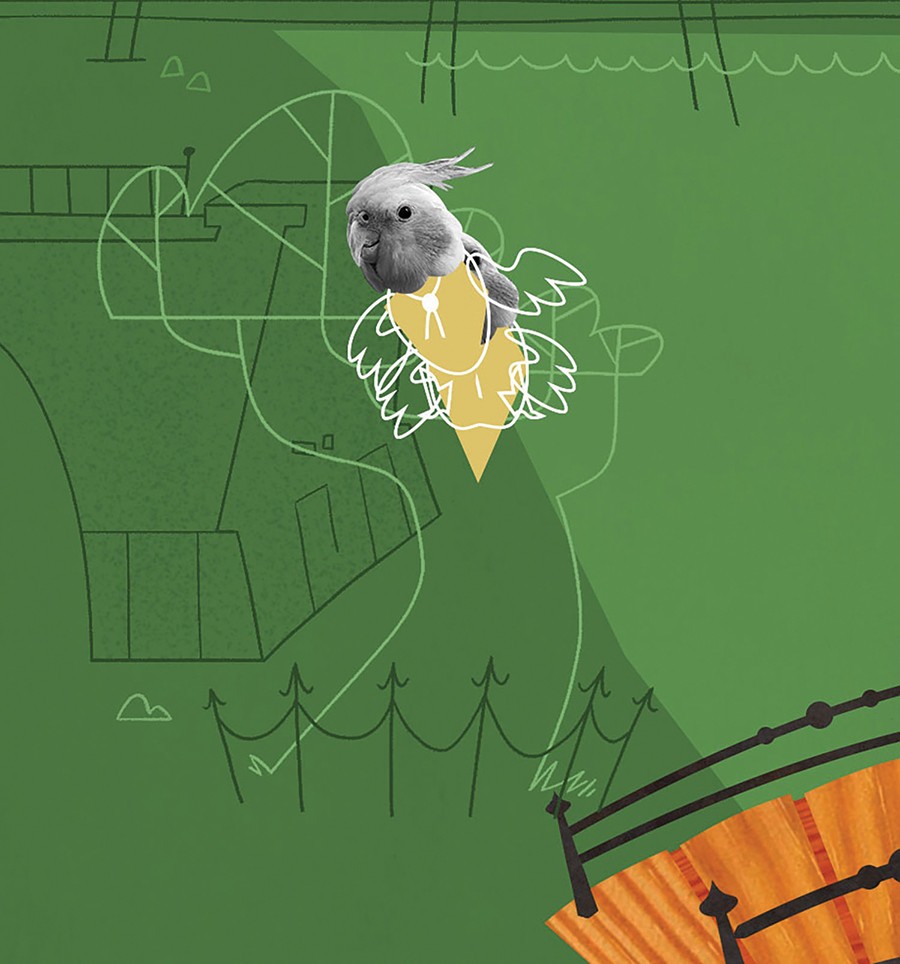
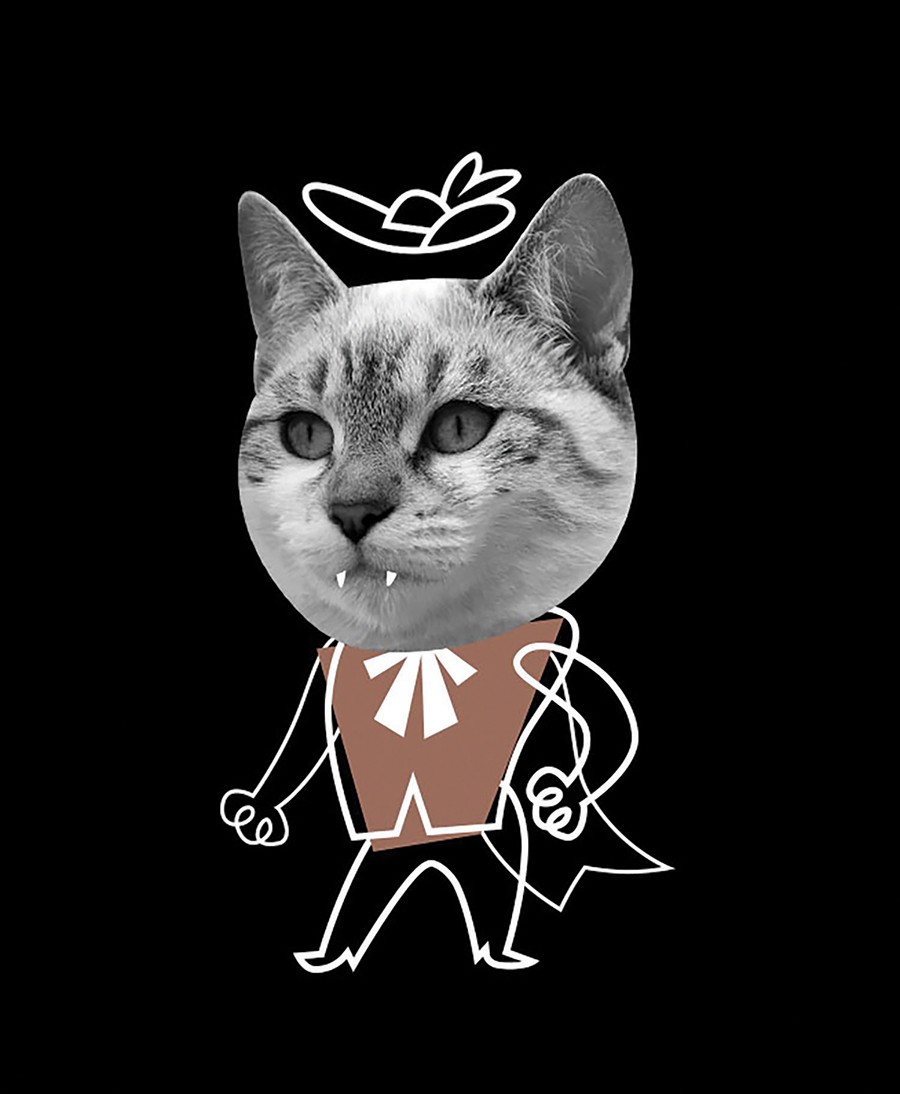
At the University of Malta’s Institute of Digital Games, Prof. Stefano Gualeni has been playing around with this concept. Featuring the voice acting talents of independent game developers Emily Short and Pippin Barr, Gualeni has created a video game called Here, designed for players to engage with (and get confused by) the concept of indexicality.
Here’s gameplay poses the question of what it means when we say ‘here’ in a game world, and how many meanings of ‘here’ can exist side-by-side in a video game. It uses the trope from Japanese Role Playing Games of going on quests to retrieve bizarre items from classic locations. Spooky caves and castles are all part of the repertoire of locations that players can explore. But then, where do you go if ‘here’ is your instruction? What if ‘here’ isn’t where you think it is? What if you’re supposed to go upside down instead?
To try the game yourself, visit www.here.gua-le-ni.com
Author: Cassi Camilleri
Transcendence through Play
Even though philosophers like Kant and Schiller of the aesthetic tradition never had the opportunity to troll some noobs in Call of Duty or slay a dragon in Skyrim, their views on the concept of play can be critical to our understanding of how the player relates to the game world. Dr Daniel Vella explores the work of aesthetic and existential philosophers. Words by Jasper Schellekens. Continue reading



